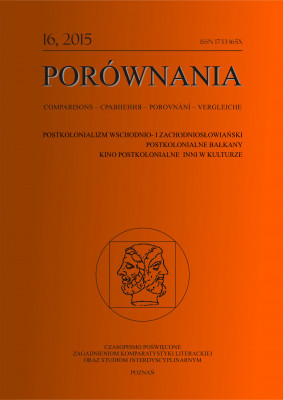The Other in Poland. Intercultural Communication in the National State
The author analyses a problem of communication between a dominant society and national and ethnic minorities. She focuses on a category of one’s/ other that regulates social relations, their cultural roots and political origin. Additionally, for the purposes of the speech, the author defines ‘a national state’ term based on her own research in the field. Cultural understanding of otherness is explained based on four attitudes: rejection, intolerance, tolerance and acceptance. Barriers that hamper a fortunate communication on the edge of cultures and origin from a changing geopolitical system are identified. The author illustrates the attitude towards otherness with verbal and nonverbal communicational behaviors, investigates their causes in legal and educational systems which are the heritage of Polish People’s Republic times. She considers the following aspects that have shaped intercultural relations in Poland after 1989:
– totalitarianism imprinted in social memory of people,
– abolition of censorship,
– globalization processes dynamics,
– technological determinism of interpersonal and intercultural relations,
– axiological changes.
Finally, the author describes the tendencies of the above relations based on the results of research.
| Article Title | Type | Size |
|---|---|---|
| 12 Grzelak | [pdf] | [314 KB] |
